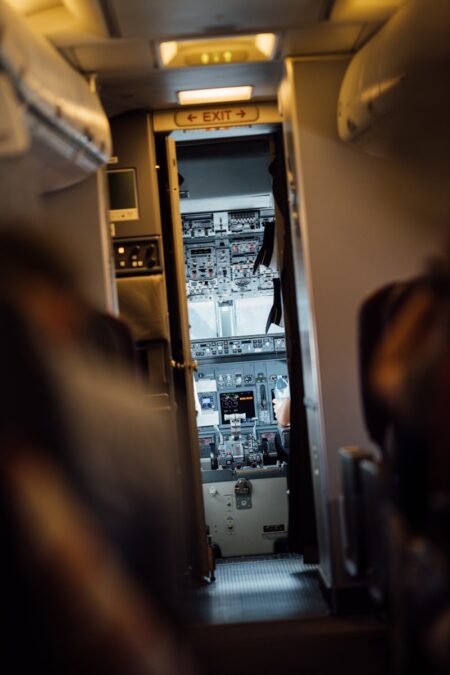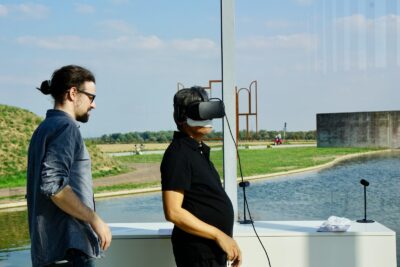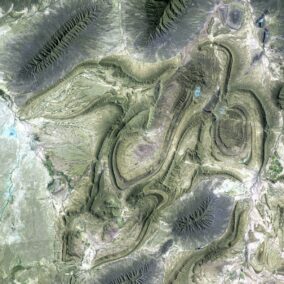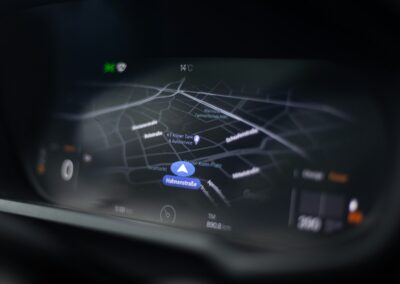The Future of Navigation: 5G’s Impact on Location-Based Services
The Power of 5G in Navigation
5G navigation systems are set to transform how we navigate the world around us, leveraging the unprecedented speed and low latency of 5G networks. This next-generation technology will enable hyper-accurate positioning, real-time traffic updates, and immersive navigation experiences, ultimately enhancing efficiency, safety, and convenience for individuals and businesses alike.
Applications in Autonomous Vehicles and Smart Cities
The impact of 5G navigation systems will be particularly significant in the automotive industry, where autonomous vehicles (AVs) heavily rely on precise location data. With 5G, AVs can communicate with each other and with smart city infrastructure in real-time, enabling seamless coordination and reducing the risk of accidents. Additionally, 5G-powered navigation systems can provide AVs with detailed maps, real-time traffic information, and even optimize routes based on weather conditions, contributing to a safer and more efficient transportation system.
Transforming Location-Based Services
Beyond transportation, 5G navigation systems will revolutionize location-based services across various industries. For instance, retailers can leverage 5G to provide personalized shopping experiences, offering real-time discounts and promotions based on a customer’s location within a store. In the healthcare sector, 5G-enabled navigation systems can help track medical equipment, optimize hospital logistics, and even guide surgeons during complex procedures.
Enhanced Navigation Experiences
The advent of 5G will also usher in a new era of immersive navigation experiences. Augmented reality (AR) navigation apps can overlay directions and points of interest onto the real world, making it easier for users to find their way around unfamiliar environments. Furthermore, 5G’s high-speed data transfer capabilities will enable the streaming of high-quality 3D maps and real-time traffic visualizations, providing users with a more comprehensive understanding of their surroundings.
Overcoming Challenges
While the potential of 5G navigation systems is immense, there are still challenges to overcome. One key issue is the need for extensive infrastructure upgrades to support 5G networks. Additionally, concerns about data privacy and security need to be addressed to ensure the responsible use of location data. However, with continued investment and collaboration among stakeholders, these challenges can be overcome, paving the way for a future where navigation is more accurate, efficient, and immersive than ever before.
Embracing the Future of Navigation
As 5G networks continue to roll out globally, businesses and individuals alike should embrace the transformative power of 5G navigation systems. By leveraging this cutting-edge technology, we can unlock new levels of efficiency, safety, and convenience in our daily lives, while also creating new opportunities for innovation and growth across various industries.
Navigating the Skies: 5G’s Impact on Aviation
5G is not only revolutionizing ground-based navigation but also extending its reach to the skies. In aviation, 5G networks can enhance communication between aircraft and air traffic control, leading to improved safety and efficiency. Additionally, 5G-powered navigation systems can provide pilots with real-time weather updates, terrain information, and optimal flight paths, further enhancing the overall flying experience.
Pioneering Indoor Navigation
The capabilities of 5G navigation systems are not limited to outdoor environments. With its ability to penetrate walls and obstacles, 5G can enable precise indoor navigation, opening up a plethora of possibilities in areas like shopping malls, airports, and hospitals. Imagine seamlessly navigating through a vast shopping complex with turn-by-turn directions or effortlessly finding your way to a specific gate in a bustling airport.
A New Era of Mapping and Surveying
5G is also poised to transform the fields of mapping and surveying. High-precision 5G positioning can enable surveyors to create highly accurate 3D maps of cities and landscapes, providing valuable insights for urban planning, infrastructure development, and environmental monitoring. Additionally, 5G-powered drones equipped with mapping capabilities can quickly survey large areas, further expediting the mapping process.
#5G #navigation #autonomousvehicles #smartcities #locationbasedservices #augmentedreality #GPS #realtimetraffic























